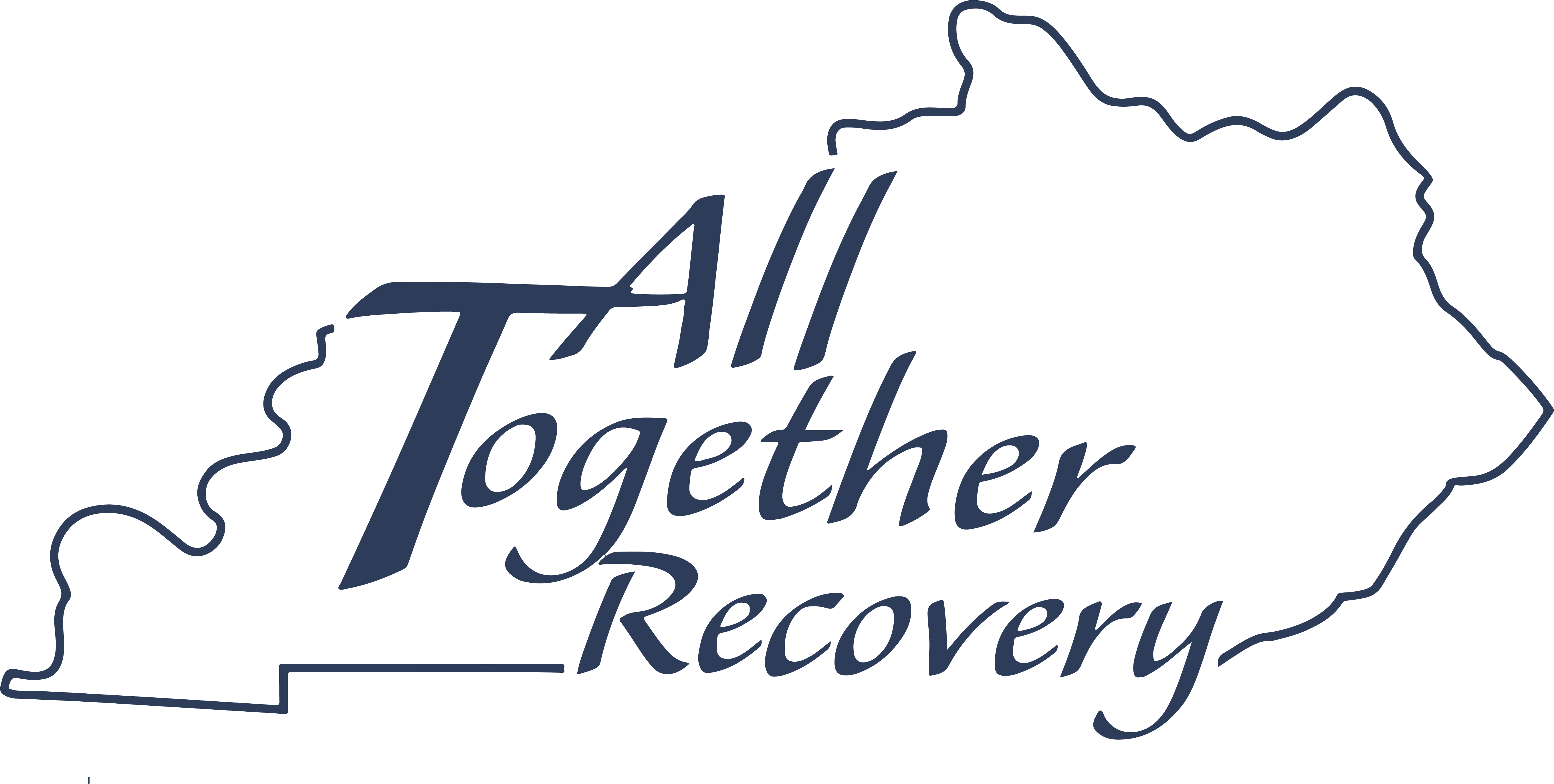How to Build a Strong Foundation for Long-Term Success
Recovery is a journey, not a sprint. While setting goals can be a powerful motivator, unrealistic expectations can lead to frustration or setbacks. Learning to set small, achievable goals can help individuals build confidence, stay focused, and make steady progress toward lasting recovery.
Why Goal-Setting Matters in Recovery
Setting goals gives structure to the recovery process and helps individuals focus on what truly matters. It provides:
- Direction: Goals guide decision-making and keep you moving forward.
- Purpose: Having something to work toward fosters a sense of meaning and motivation.
- Measurable Progress: Achieving even small goals gives a sense of accomplishment and builds momentum for long-term success.
In recovery, realistic goals create positive reinforcement. Instead of striving for perfection, goals emphasize progress, which keeps individuals grounded, motivated, and resilient.
What Are Realistic Goals?
A realistic goal is specific, measurable, and achievable within a defined timeframe. The key is to focus on small, incremental steps that align with larger recovery goals. For example:
- Unrealistic: “I’ll be fully recovered in one month.”
- Realistic: “I’ll attend all my counseling sessions this month and share honestly about my challenges.”
Realistic goals recognize the complexity of recovery. They account for the fact that healing takes time and effort, and they allow room for growth without being overwhelming.
Steps to Setting Realistic Goals
-
Start Small
Begin with achievable, short-term goals that you can build on. This might include:- Attending weekly support group meetings.
- Practicing mindfulness for 10 minutes a day.
- Engaging in light physical activity three times a week.
Small successes lay the groundwork for bigger achievements.
-
Be Specific
Vague goals like “I want to feel better” are hard to measure. Instead, set clear and defined objectives, such as:- “I’ll read for 20 minutes before bed to improve my sleep.”
- “I’ll write in a gratitude journal every morning.”
Specific goals make it easier to track progress and stay accountable.
-
Set a Timeframe
Adding a deadline to your goals creates a sense of urgency and purpose. For example:- “By the end of the month, I will have attended 8 group sessions.”
- “In 3 months, I’ll have completed my first fitness milestone.”
-
Focus on What You Can Control
Recovery is filled with challenges, but many factors are outside your control. Set goals that focus on your actions rather than external outcomes:- Action-Based Goal: “I’ll avoid high-risk situations and triggers.”
- Outcome-Based Goal: “I’ll never feel cravings again.”
Action-based goals empower you to take control of your recovery process.
-
Celebrate Progress—Not Perfection
Recovery isn’t about getting everything right; it’s about continuing to move forward. Take time to celebrate small wins:- Completing a counseling session.
- Reaching a week of sobriety.
- Sticking to your new exercise routine.
Celebrating milestones builds confidence and reinforces positive behaviors.
Overcoming Challenges in Goal-Setting
Setting goals can feel intimidating, especially if past attempts have led to disappointment. Here are strategies to overcome common hurdles:
- Avoid All-or-Nothing Thinking: If you miss a goal, it doesn’t mean you’ve failed. Reflect, adjust, and keep moving forward.
- Break Goals into Smaller Steps: If a goal feels too big, divide it into manageable, bite-sized actions.
- Seek Support: Share your goals with a sponsor, counselor, or trusted friend. Accountability and encouragement can keep you motivated.
Getting Support
At All Together Recovery (ATR), we recognize the importance of realistic goals as a foundation for lasting recovery. Through our Start from Strength trait-based approach, we help individuals identify and harness their inherent strengths—like resilience, determination, and creativity—to set and achieve goals that align with their recovery journey.
Our programs provide the structure, tools, and support needed to:
- Develop actionable and achievable goals.
- Build confidence through incremental progress.
- Foster accountability with counselors and peer groups.
Recovery isn’t about achieving perfection overnight. It’s about building a life of purpose, resilience, and fulfillment—one realistic goal at a time. Realistic goal-setting transforms recovery into a manageable and empowering process. By focusing on small wins and consistent effort, individuals can build momentum, stay motivated, and achieve long-term success. At ATR, we’re here to help every step of the way—providing guidance, support, and encouragement as you work toward your goals.
Ready to take the first step? Contact All Together Recovery today to learn how we can support your journey.




Let’s Connect
start your journey
Ready to take the first step? Contact us today via our online form, phone, or email. Our admissions team is available 24/7 to provide support and answer any questions you may have.





